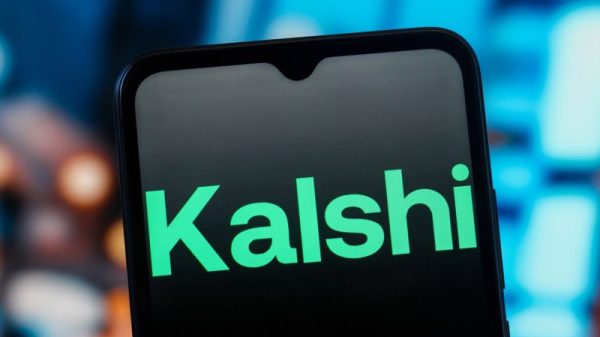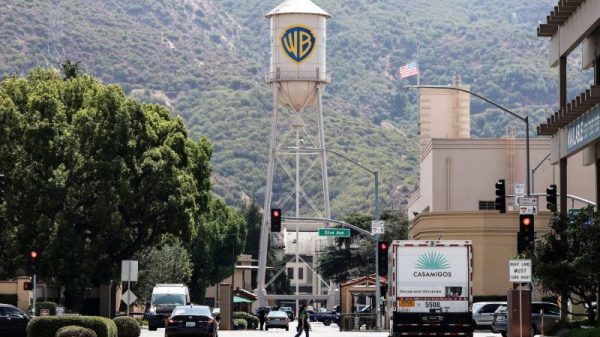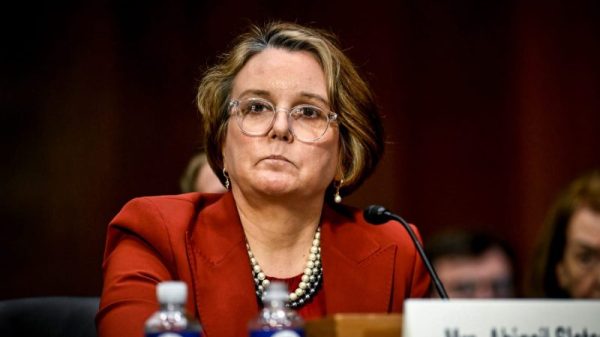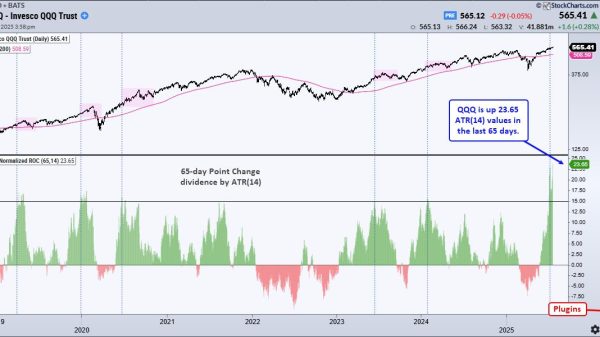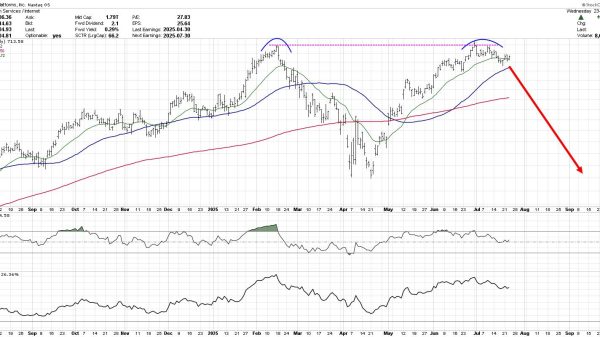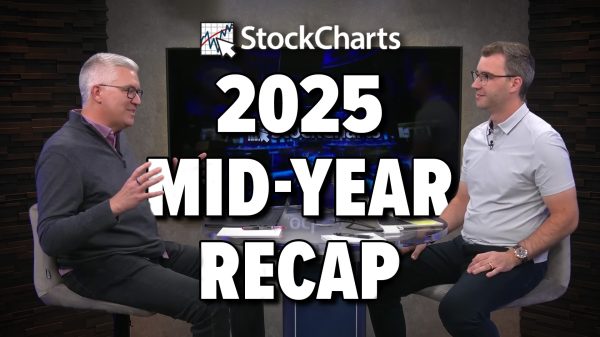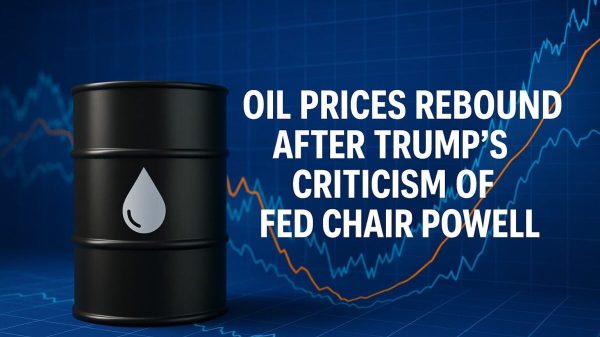
Amazon must notify customers about and remove products deemed dangerous that it sells through its website, federal regulators ruled Tuesday.
In a unanimous decision, the Consumer Product Safety Commission said that as a ‘distributor,’ Amazon ultimately bears legal responsibility for affected products’ recalls, even if they are sold in the first instance by third-party sellers using the Fulfilled by Amazon (FBA) program.
‘Amazon failed to notify the public about these hazardous products and did not take adequate steps to encourage its customers to return or destroy them, thereby leaving consumers at substantial risk of injury,’ the commission said.
More than 400,000 products sold on Amazon.com, including faulty carbon monoxide alarms and potentially flammable children’s pajamas and hair dryers, are subject to the order, though Amazon has already removed and notified customers about many of them.
“We are disappointed by the CPSC’s decision,’ an Amazon spokesperson told NBC News, saying the company will appeal the commission’s decision.
‘When we were initially notified by the CPSC three years ago about potential safety issues with a small number of third-party products at the center of this lawsuit, we swiftly notified customers, instructed them to stop using the products, and refunded them,’ the spokesperson said.
Amazon must now develop and submit proposals about how it will notify purchasers and the broader public about future product hazards, and to provide refunds or replacements for the products, the CPSC said.
The Amazon spokesperson said there are ‘proactive measures in place to prevent unsafe products,’ adding that the company continuously monitors listings in its store.
‘If we discover an unsafe product available for sale, we address the issue immediately, and refine our processes.”
The agency had sued Amazon in July 2021, forcing the company to recall hundreds of thousands of hazardous products sold on its platform via the FBA program, which accounts for approximately 60% of all sales on its platform.
In response, Amazon said it had removed a “vast majority” of such products from its store and refunded customers even as it maintained that it only provides logistics services to independent merchants and is not a distributor.
The CPSC disagreed with that argument.
“Amazon cannot sidestep its obligations under the [Consumer Product Safety Act] simply because some portion of its extensive services involve logistics,” its decision states. “Amazon must therefore comply with the CPSA to protect consumers from injury.”
Separately, the U.S. Food and Drug Administration said it had last week issued a warning letter to Amazon over its distribution of potent chemical peel drug products that violated the Federal Food, Drug, and Cosmetic Act.


